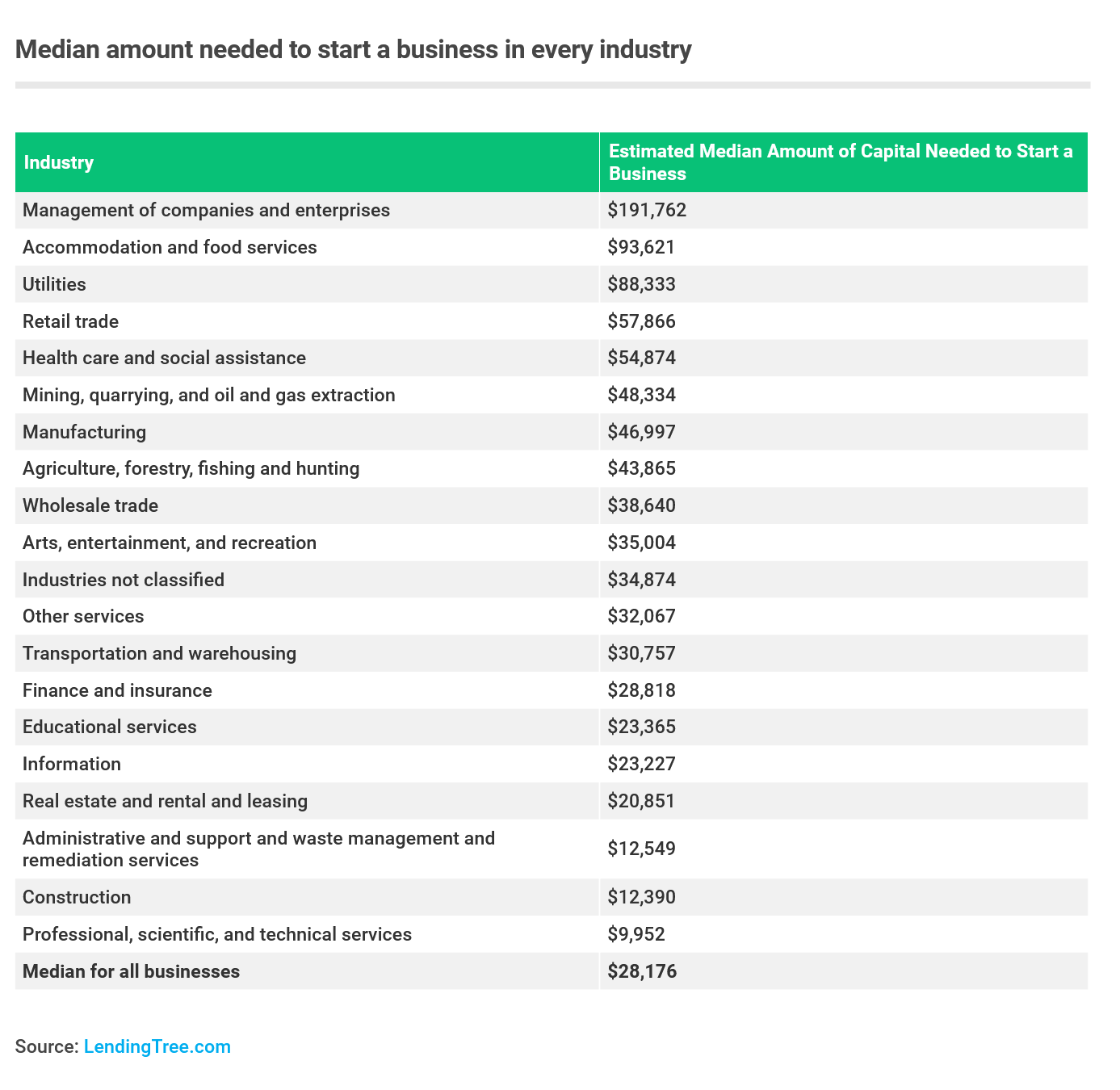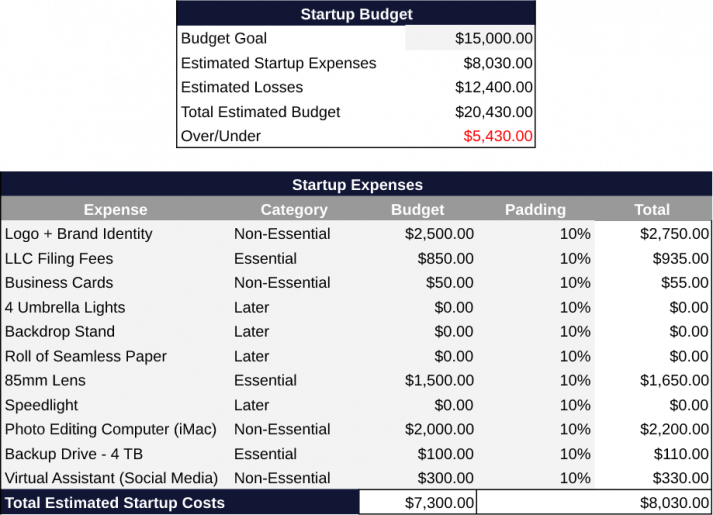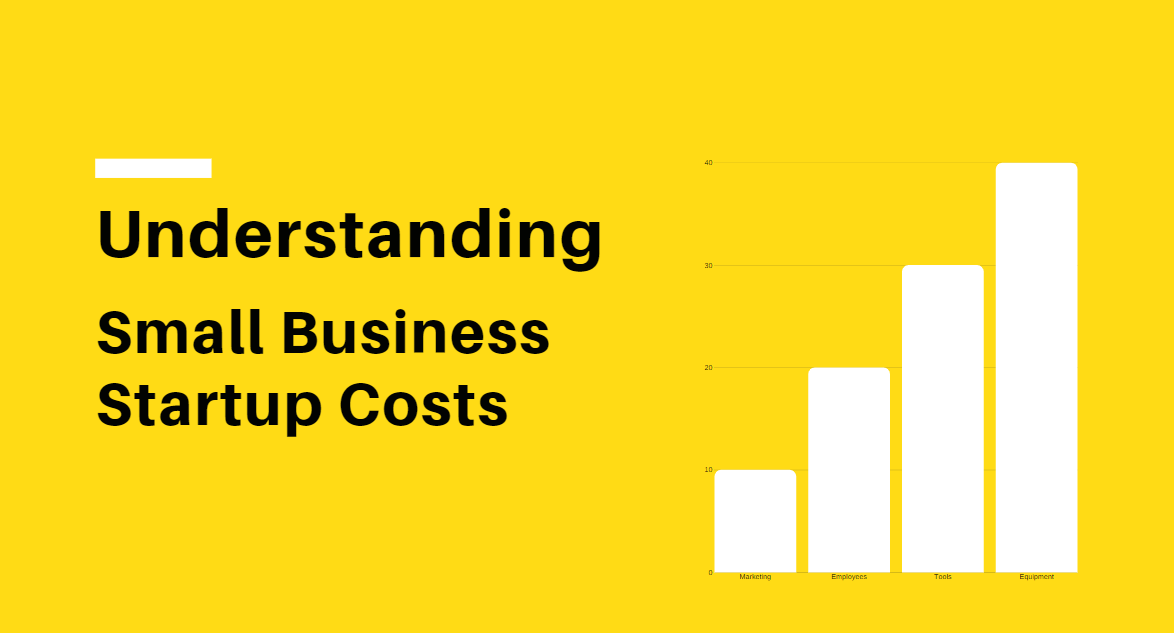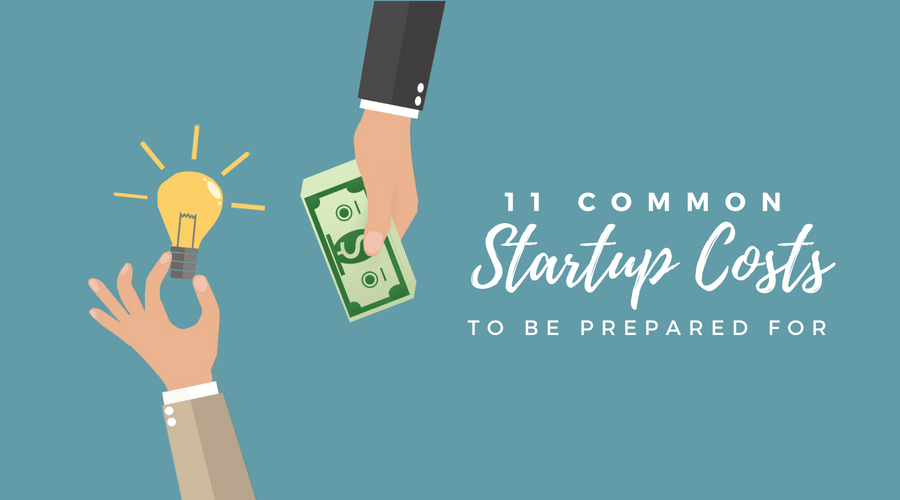How Much Money Does It Cost To Start A Business
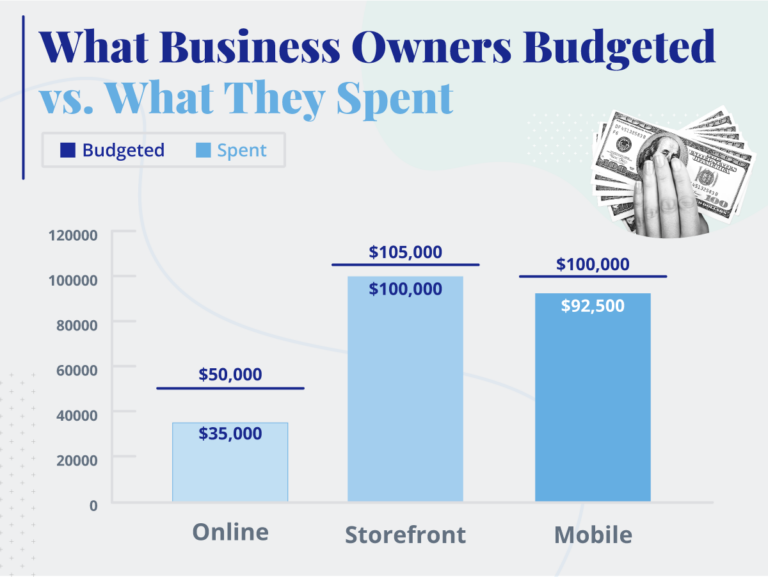
The allure of entrepreneurship is powerful, promising independence and the potential for significant financial reward. But the dream of launching a successful business is often tempered by a stark reality: the need for capital. Exactly how much money is required to start a business is a question that plagues aspiring entrepreneurs, with answers as varied as the business ideas themselves.
The financial barrier to entry can seem insurmountable. This article delves into the complexities of startup costs, exploring the key factors that influence the required capital. We examine data from reputable sources, expert insights, and diverse business models to provide a comprehensive understanding of the true cost of launching a venture. This knowledge empowers potential business owners to plan effectively and navigate the financial challenges ahead.
Understanding the Factors That Influence Startup Costs
The amount of money needed to start a business is not a one-size-fits-all answer. Numerous variables dictate the initial investment required.
The industry is a primary driver. A tech startup developing complex software, for example, will likely require significantly more capital than a freelance writing business.
Business model plays a critical role. A brick-and-mortar retail store incurs expenses like rent, inventory, and equipment. These costs are often much lower for an online business operating from home.
Location matters as real estate prices, labor costs, and local taxes can vary dramatically across different regions.
Quantifying Startup Costs: Data and Estimates
Several organizations offer estimates and data to help entrepreneurs gauge potential startup costs. The Small Business Administration (SBA) provides resources and guidance on developing business plans, which includes detailed financial projections.
While the SBA doesn't provide a specific average startup cost, they emphasize the importance of thorough market research and cost analysis.
"Your business plan is the foundation of your business. It's a roadmap that outlines your goals and how you plan to achieve them," the SBA notes.
Other sources suggest varying figures. A 2023 report by Guidant Financial found that the average startup cost for small businesses ranged from $10,000 to $50,000, depending on the industry. This range reflects the diverse spectrum of business types, from low-capital ventures to more intensive operations.
It's important to note that these are just averages. Individual startup costs can be significantly higher or lower depending on the specific business.
Breaking Down Common Startup Expenses
Understanding the specific expenses involved is crucial for accurate cost estimation. Here are some common categories:
- Legal and Licensing Fees: These include costs associated with registering the business, obtaining necessary permits, and hiring legal counsel.
- Marketing and Advertising: Creating a brand, building a website, and promoting the business require investment.
- Equipment and Supplies: This category encompasses everything from computers and office furniture to specialized machinery and raw materials.
- Rent and Utilities: If the business requires a physical location, rent, utilities, and related expenses must be factored in.
- Inventory: For businesses selling physical products, purchasing initial inventory is a significant upfront cost.
- Salaries and Wages: If the business has employees, payroll expenses must be considered.
It is crucial to create a detailed budget that accounts for each of these categories.
Funding Options for Startups
Many entrepreneurs rely on a combination of funding sources to launch their businesses. Personal savings are often the first source of capital.
Loans from banks, credit unions, or online lenders are a common option. The U.S. Small Business Administration offers loan programs specifically designed for small businesses.
Grants are another potential source of funding. While grants are often competitive, they provide capital that doesn't need to be repaid. Venture capital and angel investors are options for startups with high growth potential.
The Lean Startup Approach: Minimizing Initial Investment
The "lean startup" methodology emphasizes minimizing initial investment and validating business ideas through rapid experimentation. This approach encourages entrepreneurs to start with a minimal viable product (MVP) and gather feedback from customers before investing heavily in development.
By focusing on essential features and iteratively improving based on customer input, startups can reduce risk and avoid wasting capital on features that customers don't value.
The lean startup approach is particularly well-suited for technology-based businesses.
Looking Ahead: The Evolving Landscape of Startup Costs
The digital age continues to reshape the landscape of startup costs. The rise of remote work and online tools has made it easier and more affordable to launch and operate a business from anywhere in the world.
Access to online marketplaces and cloud-based services has significantly reduced the need for traditional brick-and-mortar infrastructure. However, the increasing importance of digital marketing and cybersecurity also presents new challenges and costs.
Aspiring entrepreneurs must carefully analyze their specific business model and industry to develop a realistic estimate of startup costs. With careful planning and a strategic approach to funding, the dream of launching a successful business can be within reach.
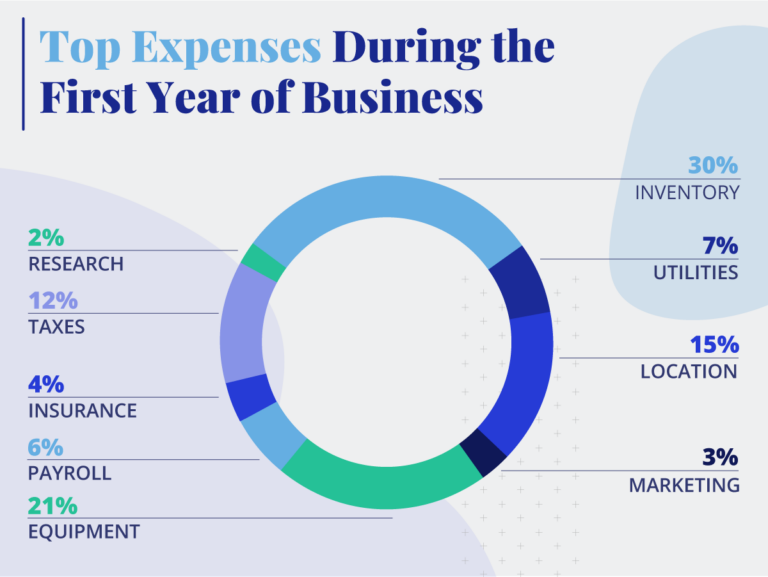
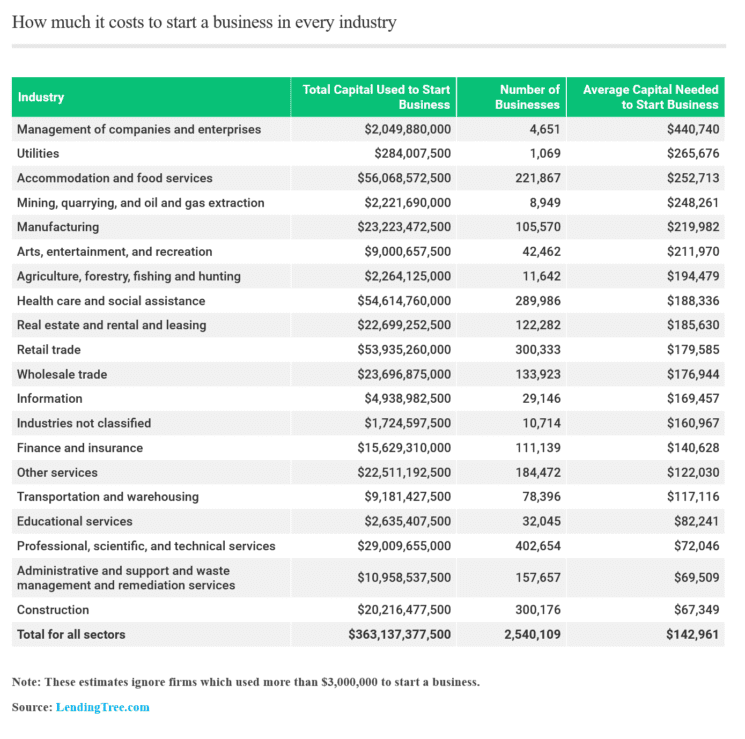
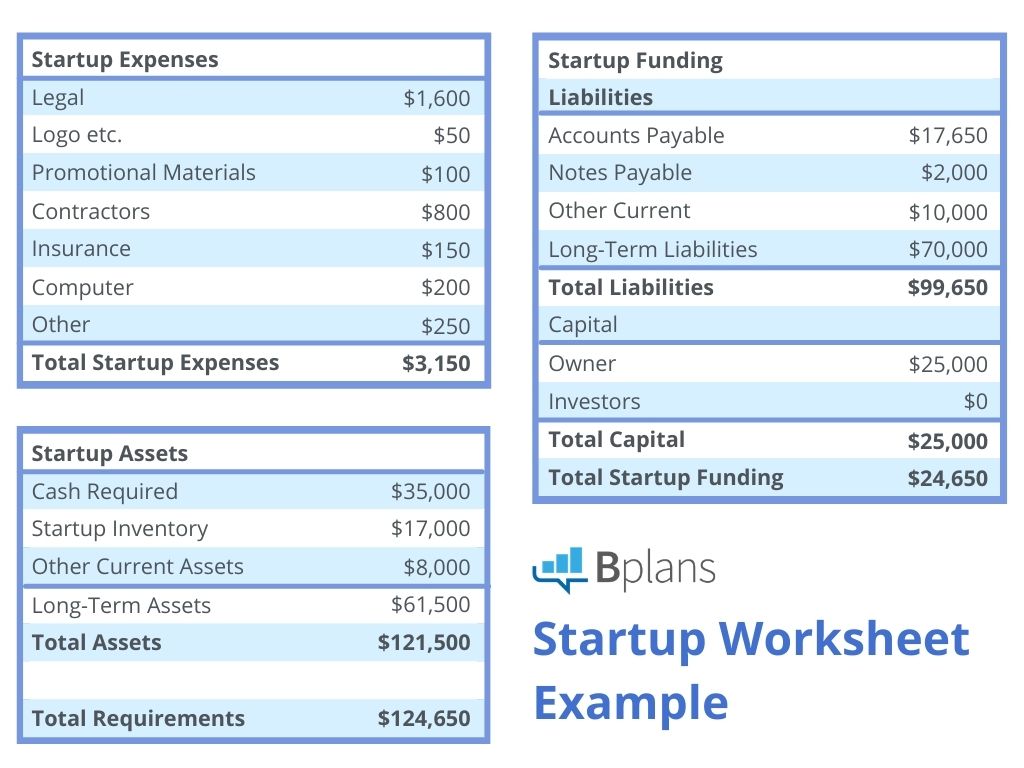
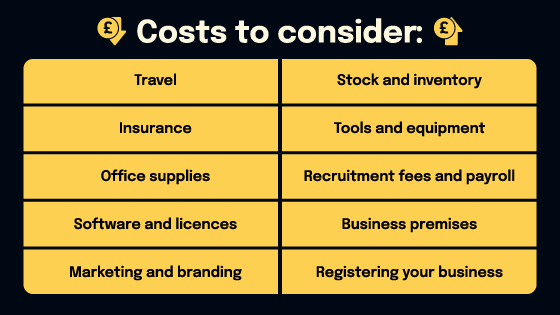

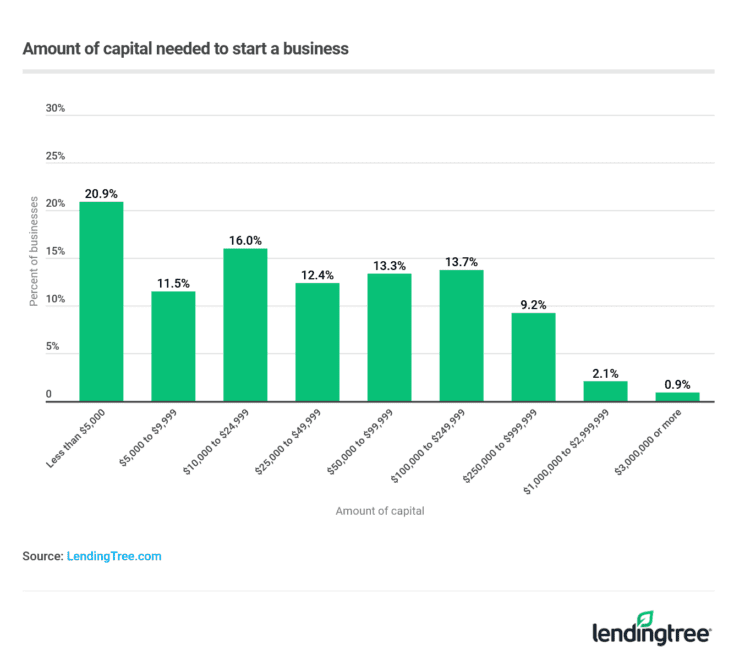

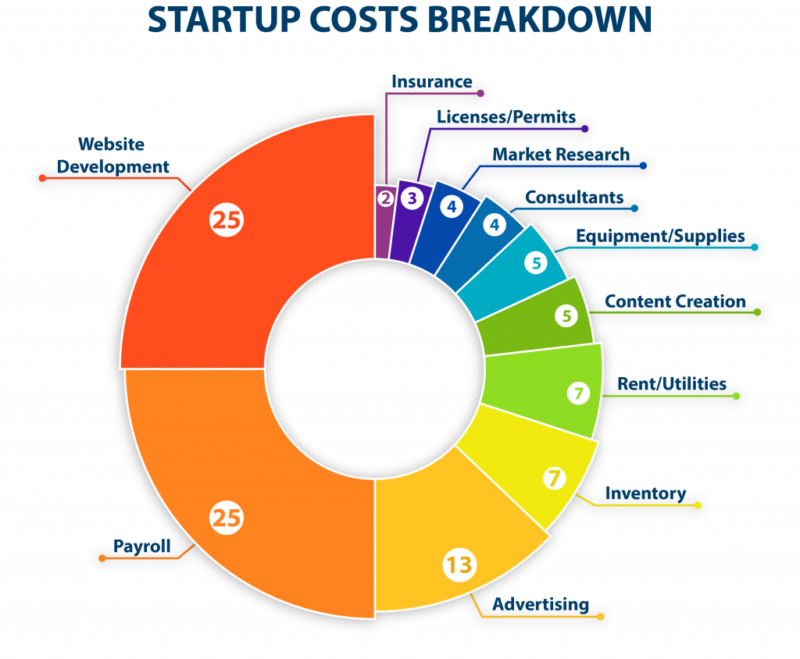
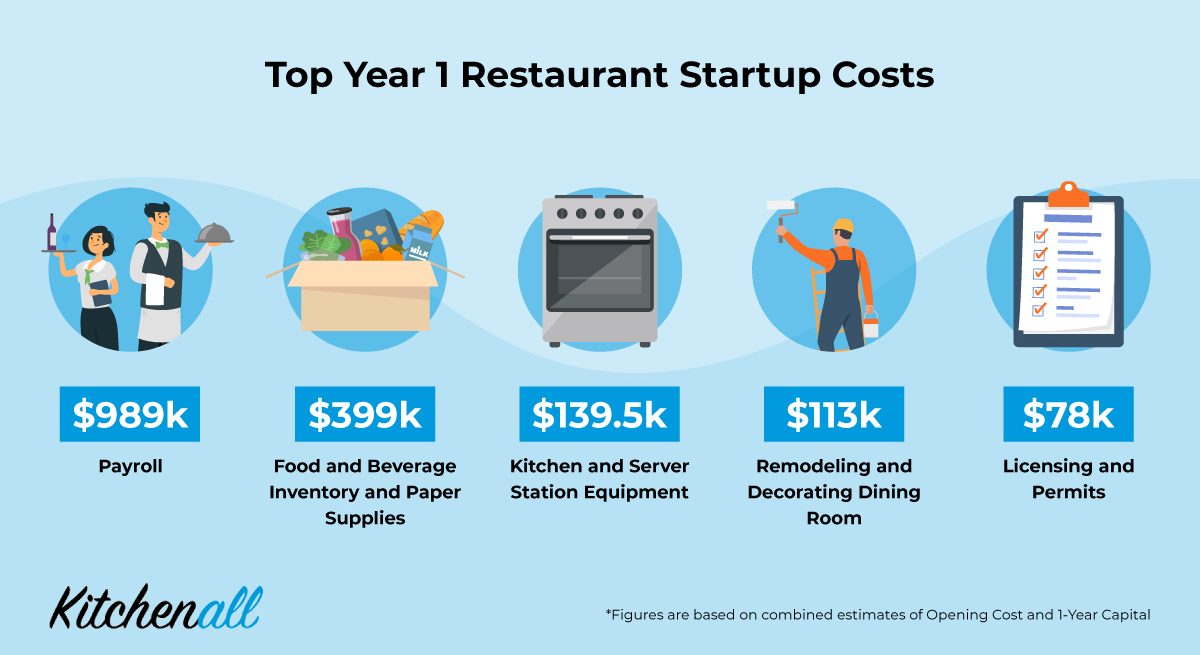
![How Much Money Does It Cost To Start A Business [Infographic] Small Business Startup Costs – Canada Small Business](https://www.canadastartups.org/wp-content/uploads/2017/07/startupbuddy.com_.png)
